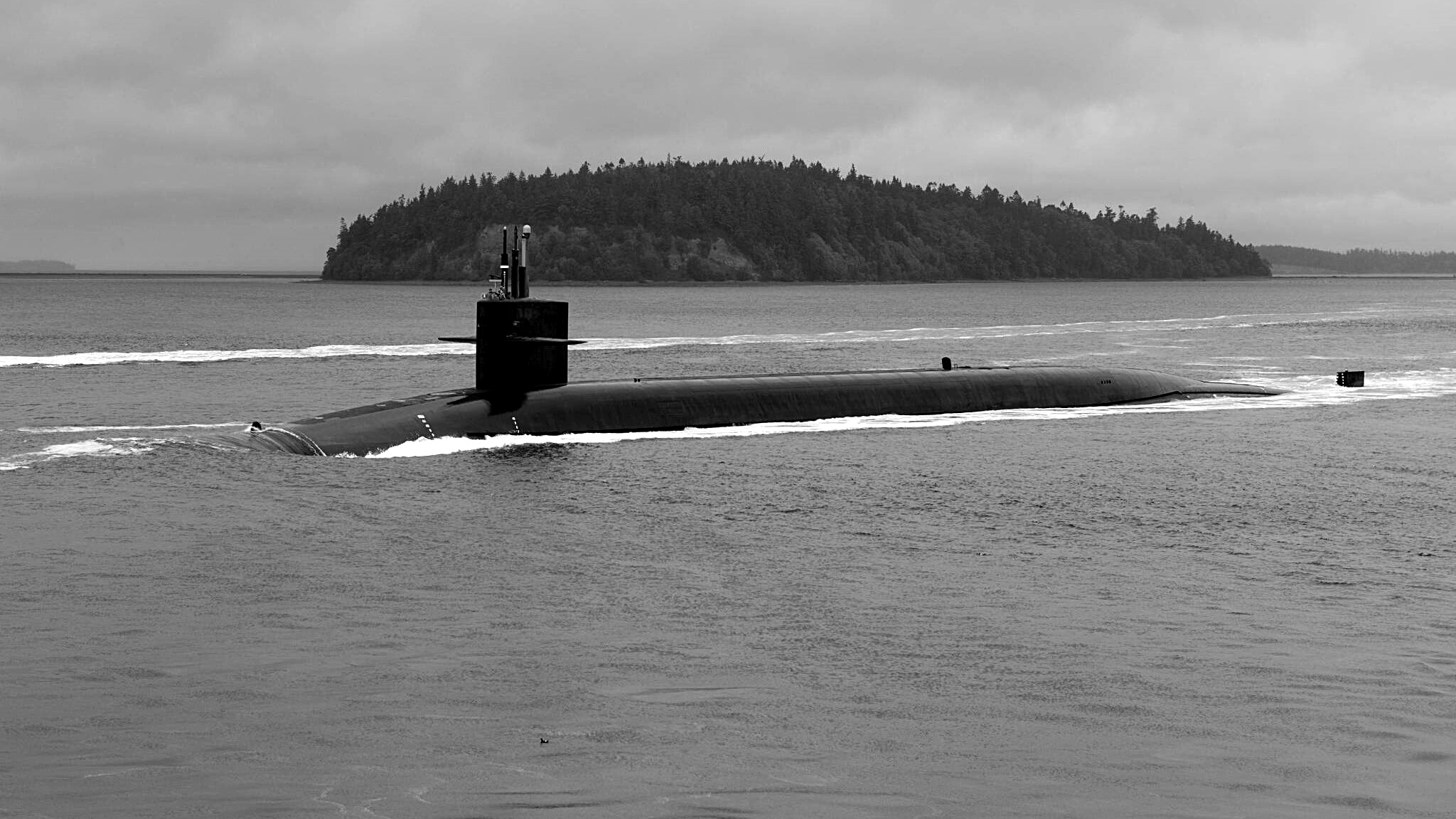
"THAT DOCTORS WOULD ADVOCATE THE ABOLITION OF NUCLEAR WEAPONS NOT ONLY MAKES SENSE, IT IS ALSO SEEN BY MANY AS A PROFESSIONAL RESPONSIBILITY.” - IPPNW
As healthcare professionals and citizens, we are concerned about the catastrophic damage to human health caused by nuclear weapons
There are nearly 15,000 nuclear weapons in the world, 90% of which are in the hands of the United States and Russia. Nearly 2,000 are on hair-trigger alert, meaning they could be launched within minutes. From mining to production, testing, use, accidents, and miscalculation, every part of the nuclear weapons system damages human health.
nuclear weapons arsenals divert critical social spending to weapons of mass destruction
The United States is planning to spend over $1 trillion over the next 30 years rebuilding our entire nuclear weapons arsenal. Every dollar spent on our nuclear arsenals is a dollar stripped from critical social programs including housing, food assistance programs, healthcare, and education.
Nuclear weapons activities leave behind massive contamination
There are 517 nuclear weapon sites that were considered for radioactive clean-up in the United States. 43 sites were found by the National Institute for Occupational Safety and Health to have “potential for significant radioactive contamination”, including the Midnite Mine, which exposes people accessing water from the Spokane River and the Spokane Tribe to dangerous radiation.
Production sites such as the Hanford Nuclear Site in Eastern Washington have resulted in massive leaks of liquid radioactive material, contaminating surrounding soil and groundwater. Hundreds of workers at the site have been exposed to harmful chemical vapors, and recent assessments have found the safety culture at the site to be seriously flawed.
The Castle Bravo test in 1954, which was 1,000 times more powerful than the bombing of Hiroshima, vaporized three entire islands in the Bikini Atoll, and the fallout from the bomb spread radioactive material over 11,000 sq. km from the detonation point, exposing around 665 island inhabitants to significant levels of radioactivity. Marshallese folks are part of our communities here in WA State, and they still lack proper access to healthcare and cancer care services.
Radiation exposure from nuclear testing, production, and waste storage cause serious health problems for exposed communities
Over 500,000 workers in nuclear weapons complexes during the Cold War were exposed to radioactivity and dangerous chemicals. Uranium mining poses a significant health risk to workers and surrounding communities, especially through exposure to radon-222, which can cause lung cancer. Drinking water and soils can be contaminated due to mining waste seepage and dam failure.
It was estimated by International Physicians for the Prevention of Nuclear War that exposure to radioactive material from tests will eventually result in 2.4 million cancer deaths.
Nuclear weapons experts warn that we are closer to nuclear catastrophe than we have been in the past 30 years. A nuclear war could end life on earth.
The bombings in Hiroshima and Nagasaki led to a total of deaths of 340,000 people by 1950. Additional health effects of a nuclear explosion include blindness, deafness, and other injuries such as ruptured organs, fractured skulls, and penetrating wounds from collapsing buildings, fires, and flying debris. Radiation exposure causes central nervous system disruption, nausea, vomiting, diarrhea, uncontrolled bleeding, and infections.
Tensions are rising between nuclear weapons countries with key treaties breaking down between the United States and Russia.
In the case of a nuclear explosion, treatment would be largely unavailable as medical services would be destroyed and medical personnel would be dead or severely injured.
The International Atomic Energy Agency has documented nearly 3000 incidents of illicit trafficking, loss, theft, or unauthorized activities involving nuclear material since 1993.
Thousands of nuclear weapons accidents, near-misses, and miscalculations have brought us to the brink of nuclear war again and again - soon, our luck could run out.
learn more about our nuclear weapons work in Washington
WPSR is a proud coalition member of the International Campaign to Abolish Nuclear Weapons (ICAN). They won the 2017 Nobel Peace Prize for their work in passing the Treaty on the Prohibition of Nuclear Weapons, in which over 120 countries voted to enact an international ban on nuclear weapons. The US was was not one of those countries. We must send a strong message to our government that we can no longer tolerate these inhumane and indiscriminate weapons and the threat they pose.




